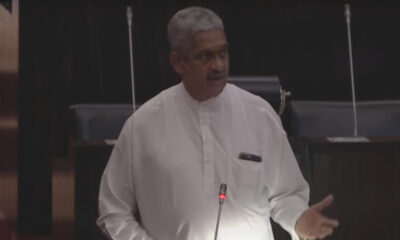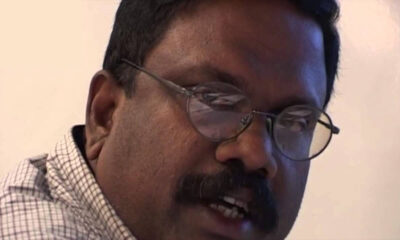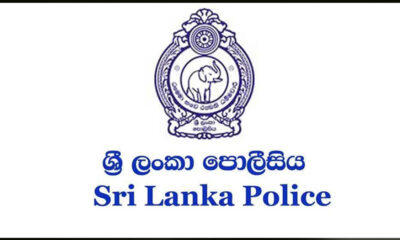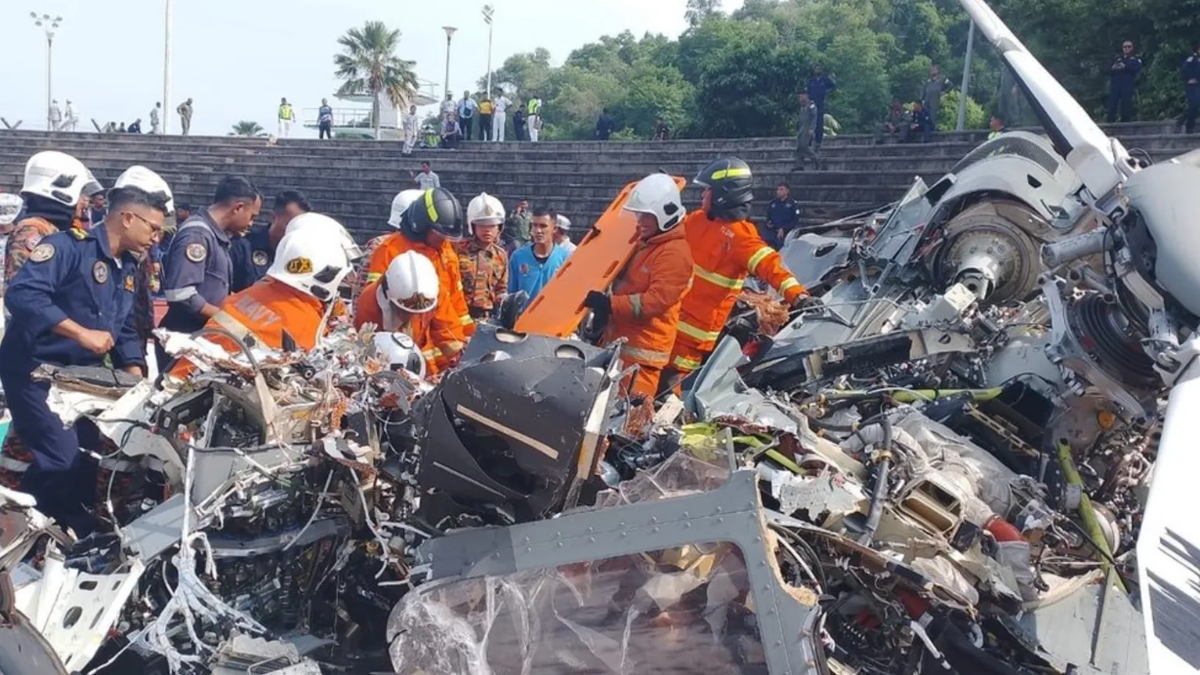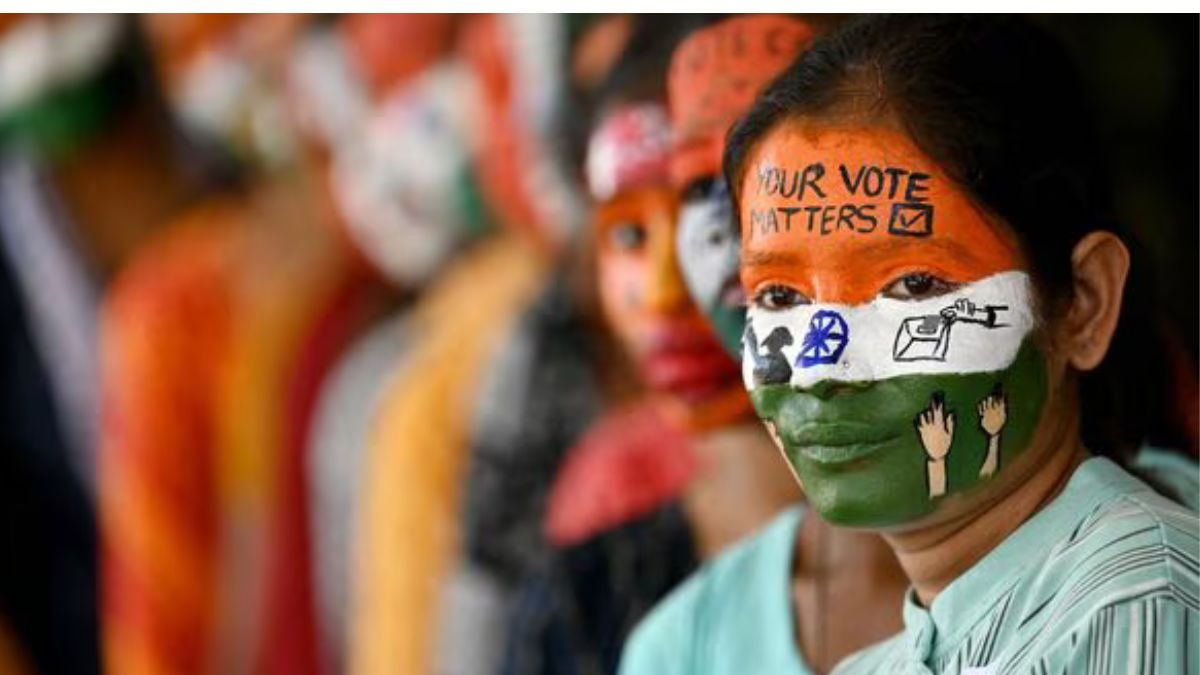The US Senate has approved a controversial landmark bill that could see TikTok banned in America.
It gives TikTok’s Chinese owner, ByteDance, nine months to sell its stake or the app will be blocked in the United States.
The bill will now be handed over to US President Joe Biden, who has said he will sign it into law as soon as it reaches his desk.
ByteDance has told the BBC that it did not have an immediate response to the move. Previously the firm said it would oppose any attempt to force it to sell TikTok.
If the US is successful in forcing ByteDance to sell TikTok any deal would still need approval from Chinese officials but Beijing has vowed to oppose any such move. Analysts say the process could take years.
The measure was passed as part of a package of four bills which also included military aid for Ukraine, Israel, Taiwan and other US partners in the Indo-Pacific region.
It had widespread support from lawmakers, with 79 Senators voting for it and 18 against.
“For years we’ve allowed the Chinese Communist party to control one of the most popular apps in America that was dangerously short-sighted,” said Senator Marco Rubio, the top Republican on the Intelligence Committee.
“A new law is going to require its Chinese owner to sell the app. This is a good move for America,” he added.
Fears that data about millions of Americans could land in China’s hands have driven Congressional efforts to split TikTok from the Beijing-based company.
Last week, the social media company said the bill would “trample the free speech rights of 170 million Americans, devastate seven million businesses, and shutter a platform that contributes $24 billion to the US economy, annually.”
TikTok has said ByteDance “is not an agent of China or any other country”. And ByteDance insists it is not a Chinese firm, pointing to the global investment firms that own 60% of it.
Its chief executive, Shou Zi Chew, said last month the company will continue to do all it can including exercising its “legal rights” to protect the platform.
Mr Shou was grilled by Congress twice in less than a year, and downplayed the app’s connection – and his personal links – to Chinese authorities.
The social media platform made efforts to rally support against the potential ban, including a major lobbying campaign.
It also encouraged TikTok users and creators to express their opposition to the bill.
University of Richmond law professor, Carl Tobias told the BBC that a prolonged legal battle is likely to follow and that “could take about two years”.
He also said if a buyer for ByteDance’s stake is not found within the nine-month period, it could delay any action against TikTok in the US further.
(BBC News)
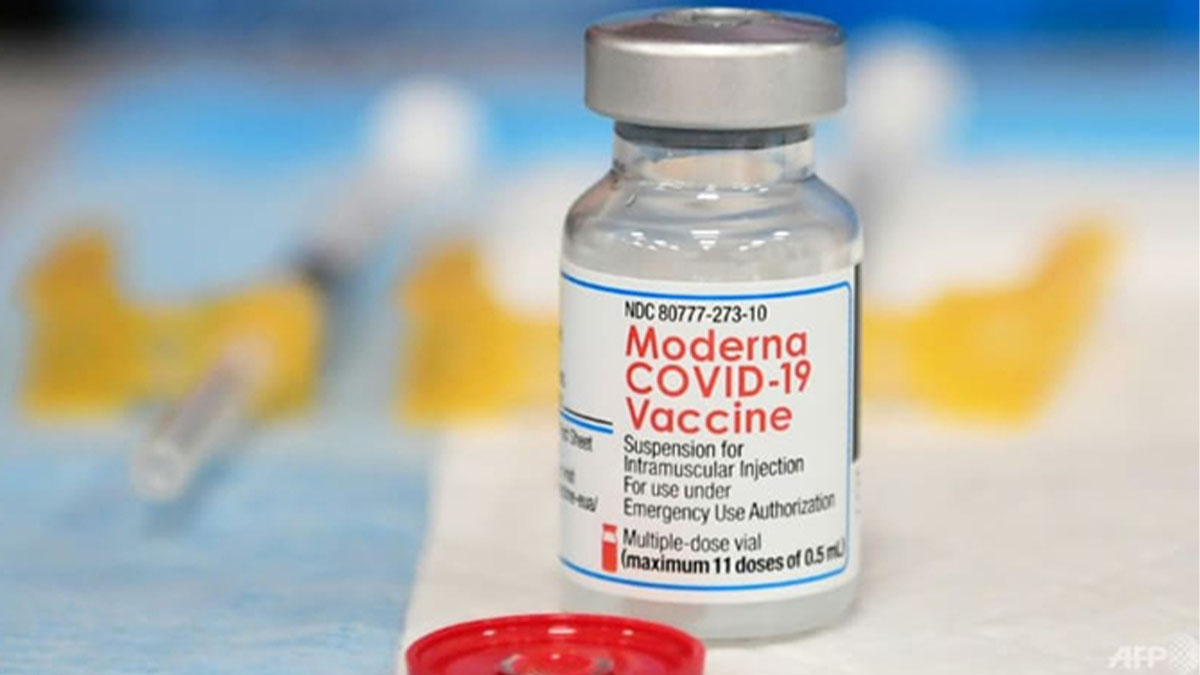

 News1 day ago
News1 day ago
 News2 days ago
News2 days ago
 BIZ1 day ago
BIZ1 day ago
 News2 days ago
News2 days ago
 News3 days ago
News3 days ago
 News4 days ago
News4 days ago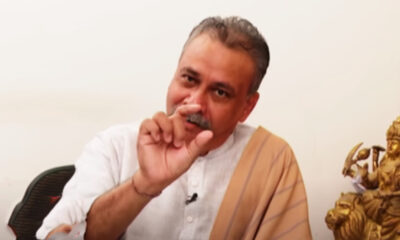
 News4 days ago
News4 days ago
 BIZ4 days ago
BIZ4 days ago



